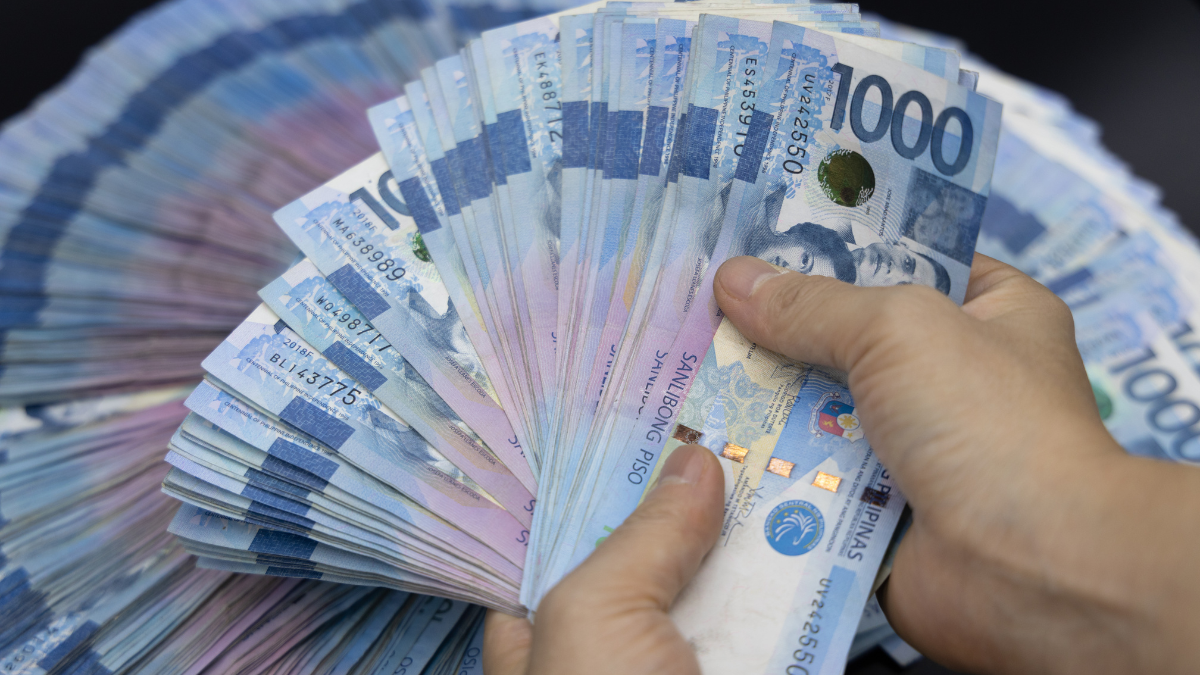The European Commission (EC) has officially delisted the Philippines from its roster of countries with a high risk of money laundering and terrorism financing, recognizing the nation’s sustained progress in curbing financial crimes.
The decision came after the Financial Action Task Force (FATF), a global watchdog based in Paris, removed the Philippines from its grey list earlier this year. The EC cited this development, along with findings from bilateral engagements and on-site assessments, as factors in its updated evaluation.
Other countries taken off the list alongside the Philippines include Barbados, Gibraltar, Jamaica, Panama, Senegal, Uganda, and the United Arab Emirates. Meanwhile, the EU has added Algeria, Angola, Côte d’Ivoire, Kenya, Laos, Lebanon, Monaco, Namibia, Nepal, and Venezuela to its watchlist.
Bangko Sentral ng Pilipinas (BSP) Governor Eli Remolona Jr., who also leads the Anti-Money Laundering Council, welcomed the move but noted that it still awaits the EU Parliament’s final confirmation. “This is certainly good news,” he said, underscoring that the delisting reflects years of reform efforts.
The Philippines has had a long and often difficult history with FATF monitoring. Since 2000, the country has been repeatedly flagged, including being blacklisted in 2002 due to its strict bank secrecy laws. A major setback came in 2016, when the infamous $81 million cyberheist involving the Bangladesh central bank exposed major vulnerabilities in the Philippine financial system, particularly through local casinos.
The Philippines re-entered the FATF grey list in June 2021 after the watchdog identified 18 key deficiencies in the country’s anti-money laundering and counter-terrorism financing frameworks. Being on that list posed significant risks—jeopardizing international transactions and making remittance services more costly and cumbersome for millions of overseas Filipino workers.






